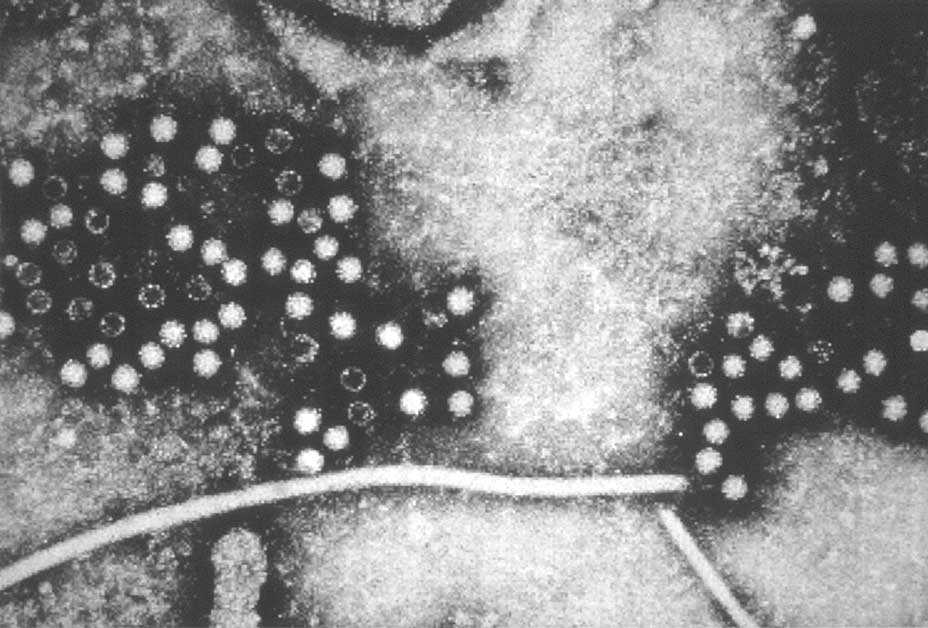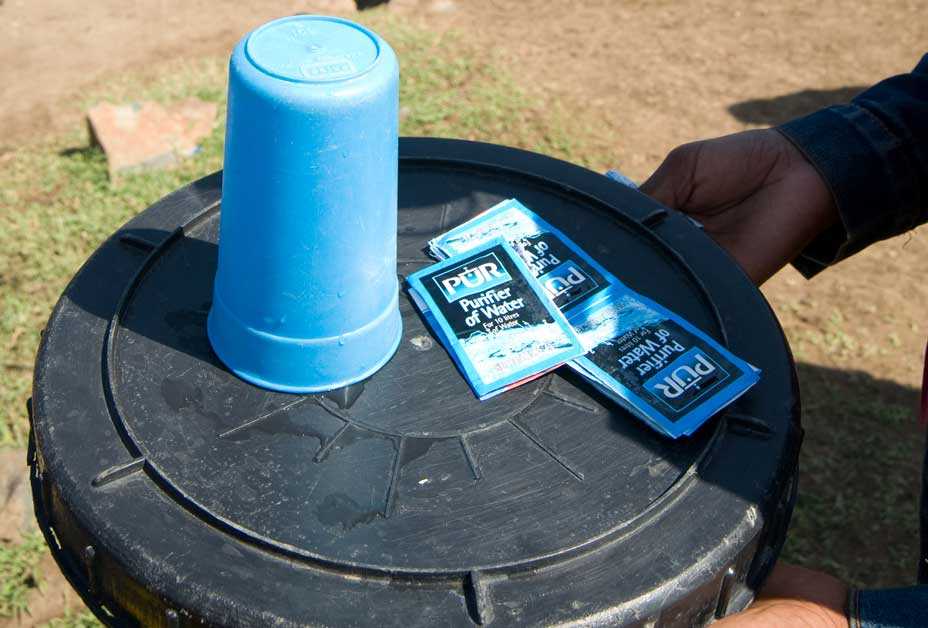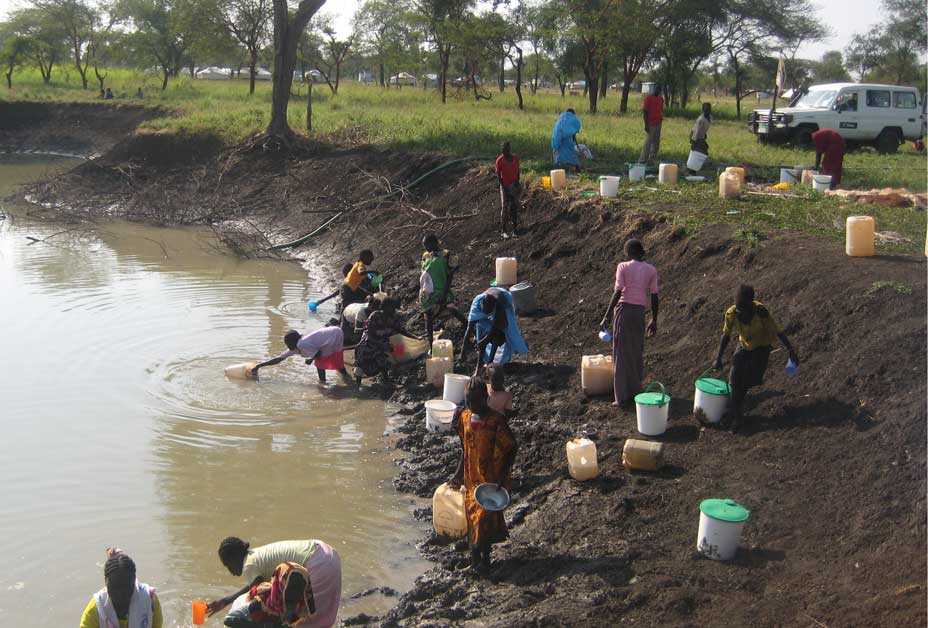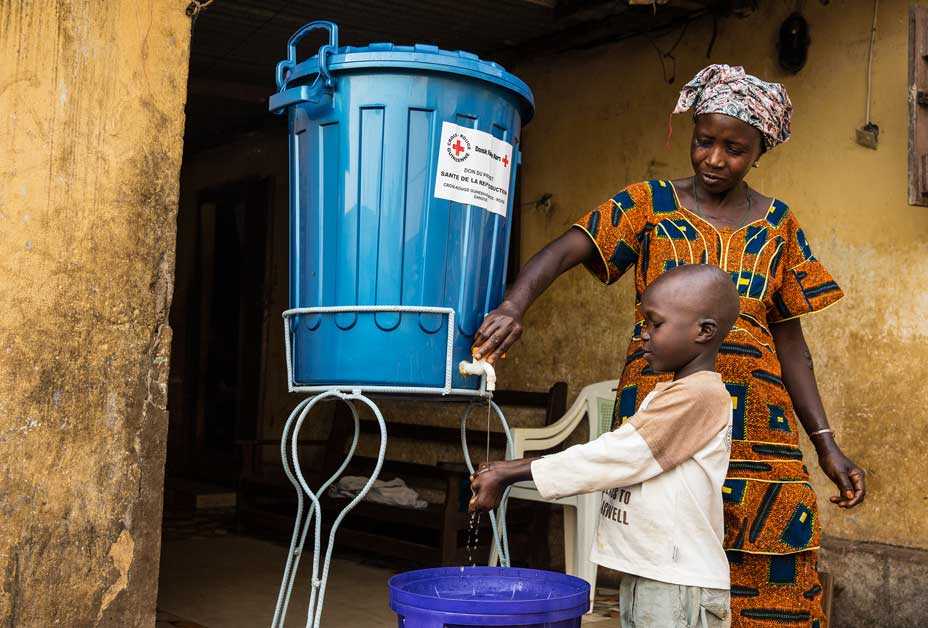Hepatitis E
[hep·a·ti·tis ]

Here's a type of hepatitis you probably haven't heard of before. Like all types of hepatitis, hepatitis E is a liver infection. Hepatitis E is a short-term disease that is often mild. While rare in the United States, it is common in many low-income countries, where it can lead to liver failure. It is spread by ingesting fecal matter contaminated with hepatitis E virus, even in tiny amounts, and is often associated with contaminated water supply in countries with poor sanitation. There is currently no FDA-approved vaccine for hepatitis E. The infection usually improves with rest, proper hydration, and nutrition.
Quiz
Key Facts
- Hepatitis E is a liver disease caused by the hepatitis E virus.
- Travelers and residents in countries with poor sanitation and limited access to safe water are at risk for hepatitis E.
- Hepatitis E can seriously affect pregnant women and people with vulnerable immune systems.
- Not everyone infected with hepatitis E has symptoms, but symptoms include fever, fatigue, nausea, and jaundice.
- Hepatitis E can only be diagnosed by your health care provider with the assistance of laboratory tests.
Media
Hepatitis E & Maternal Deaths
Prevention Tips
- Hepatitis E is usually spread by drinking water contaminated by the feces (or stool) of an infected person. Hepatitis E in high-income countries may occur as a result of the consumption of raw or undercooked food.
- Travelers and residents in countries with poor sanitation and limited access to safe water are at risk for hepatitis E. People with vulnerable immune systems (including pregnant women) and solid organ transplant recipients are also at an increased risk of complications from hepatitis E.
- Because there is currently no FDA-approved vaccine for prevention of hepatitis E, travelers to areas with poor sanitation should avoid drinking untreated water and eating raw or undercooked food.
- Page last reviewed: May 11, 2016
- Page last updated: May 11, 2016
- Content source:
- Centers for Disease Control and Prevention
- Page maintained by: Office of Associate Director of Communication, Division of Public Affairs


 ShareCompartir
ShareCompartir



